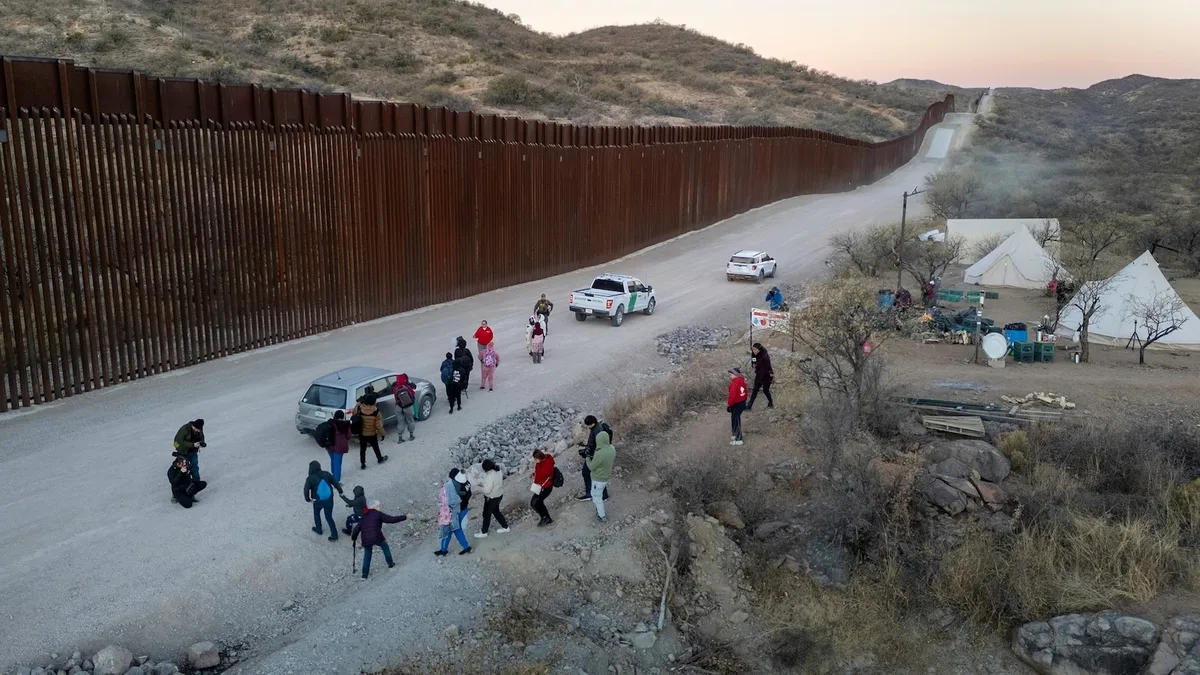
A federal judge in Washington, D.C., has recently issued a significant ruling that blocks the Trump administration's policy which restricts migrants crossing the southern border from seeking asylum. In a comprehensive 128-page order, U.S. District Judge Randolph Moss emphasized that President Donald Trump has exceeded his legal authority by attempting to implement an alternative immigration system.
In January, President Trump declared a state of emergency regarding the situation at the southern border, labeling it an invasion of America. As part of this declaration, he issued an executive order that suspended the ability of migrants to apply for asylum under certain conditions. This controversial move was met with legal challenges, questioning the extent of the President's authority over immigration policies.
Despite a recent Supreme Court ruling that limited judges' powers to block presidential executive orders on a nationwide basis, Judge Moss determined that this case warranted injunctive relief. He stated that while the executive branch faces significant challenges in preventing unlawful entry into the United States, neither the Constitution nor the Immigration and Nationality Act grants the President the unilateral power to restrict the rights of individuals present in the U.S. to apply for asylum.
In his ruling, Judge Moss granted the plaintiffs' request to certify a class that includes all individuals affected by Trump's executive order. To give the Trump administration time to appeal and prepare for the implementation of the Court's order, he stayed his decision for 14 days.
In response to the ruling, Lee Gelernt, an attorney with the ACLU, spoke to ABC News highlighting the significance of the decision. He emphasized that the ruling is crucial for individuals fleeing dangerous situations and reaffirmed that in the U.S. government system, the President cannot simply disregard laws enacted by Congress. Gelernt stated, "The decision's importance cannot be overstated," underscoring the ruling's impact on the rights of migrants seeking asylum.
This ruling represents a pivotal moment in the ongoing debate over immigration policies and the legal powers of the President, reinforcing the importance of adhering to established laws in the face of executive action.